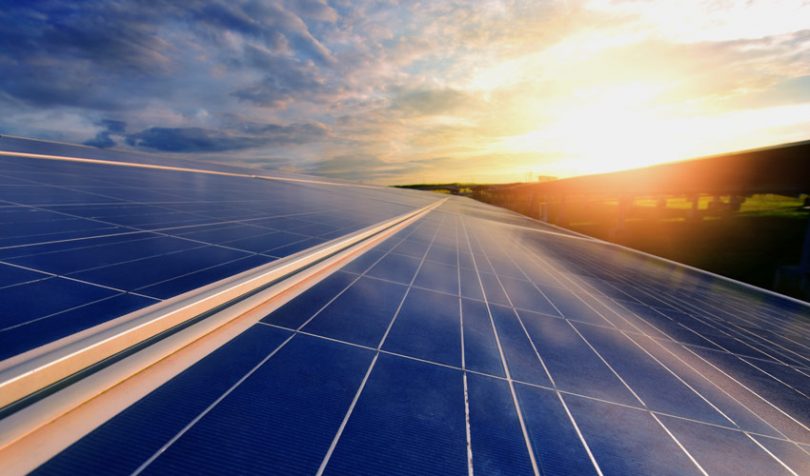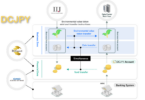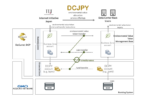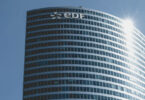On March 7th, SPACE10 released details of SolarVille, its blockchain based energy project. The company is a Copenhagen based design lab focused on sustainability, backed by Swedish furniture giant Ikea. Solarville aims to use distributed ledger technology (DLT) to provide a self-sufficient electricity network.
The company claims that roughly 1.1 billion people without reliable access to power are disadvantaged by the current energy infrastructure. Hence SPACE10’s vision is to democratize access to electricity by removing the need for a centralized grid.
SolarVille combines solar panels, microgrids, and DLT to create a new way for communities to “leapfrog” the traditional grid.
The design lab has produced a working prototype in the form of a miniature neighborhood. The 1:50 scale houses run entirely on decentralized solar power.
Some of SolarVille’s mini homes have solar panels to generate electricity for themselves, while any surplus energy goes into the network. Energy is then bought and sold to meet demand using blockchain technology. SPACE10 says the technology creates “a secure and decentralized trading platform” for solar energy.
Their press release continues: “The distributed ledger technology is used to log and manage the energy flow—verifying and recording transactions […] it increases transparency and security, and lowers the barrier of entry for new actors in the system.”
Its ‘A Brighter Tomorrow’ report puts forward the benefits of sustainable energy while providing insights into the project research. This includes case studies of current electricity distribution systems, such as the blockchain run Brooklyn Microgrid powered by LO3 Energy.
Ikea Systems B.V. has funded SPACE10 as its research and innovation lab since its launch in 2015. Collaborating on SolarVille are SachsNottveit, an architecture firm, and blockchain companies WeMoveIdeas India, Blocktech, Temporal, and BLOC. BLOC has previously partnered with GoodFuels in another blockchain based sustainable energy project.






